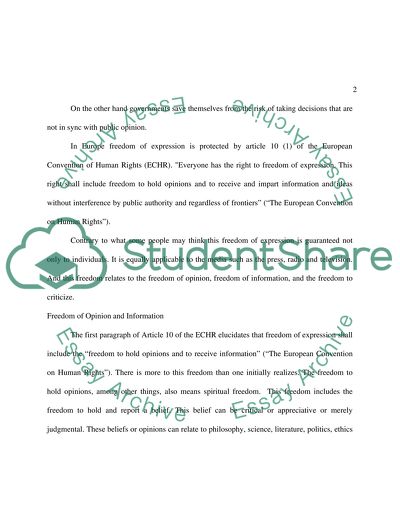Cite this document
(“European human rights law Essay Example | Topics and Well Written Essays - 2500 words”, n.d.)
European human rights law Essay Example | Topics and Well Written Essays - 2500 words. Retrieved from https://studentshare.org/miscellaneous/1530089-european-human-rights-law
European human rights law Essay Example | Topics and Well Written Essays - 2500 words. Retrieved from https://studentshare.org/miscellaneous/1530089-european-human-rights-law
(European Human Rights Law Essay Example | Topics and Well Written Essays - 2500 Words)
European Human Rights Law Essay Example | Topics and Well Written Essays - 2500 Words. https://studentshare.org/miscellaneous/1530089-european-human-rights-law.
European Human Rights Law Essay Example | Topics and Well Written Essays - 2500 Words. https://studentshare.org/miscellaneous/1530089-european-human-rights-law.
“European Human Rights Law Essay Example | Topics and Well Written Essays - 2500 Words”, n.d. https://studentshare.org/miscellaneous/1530089-european-human-rights-law.


